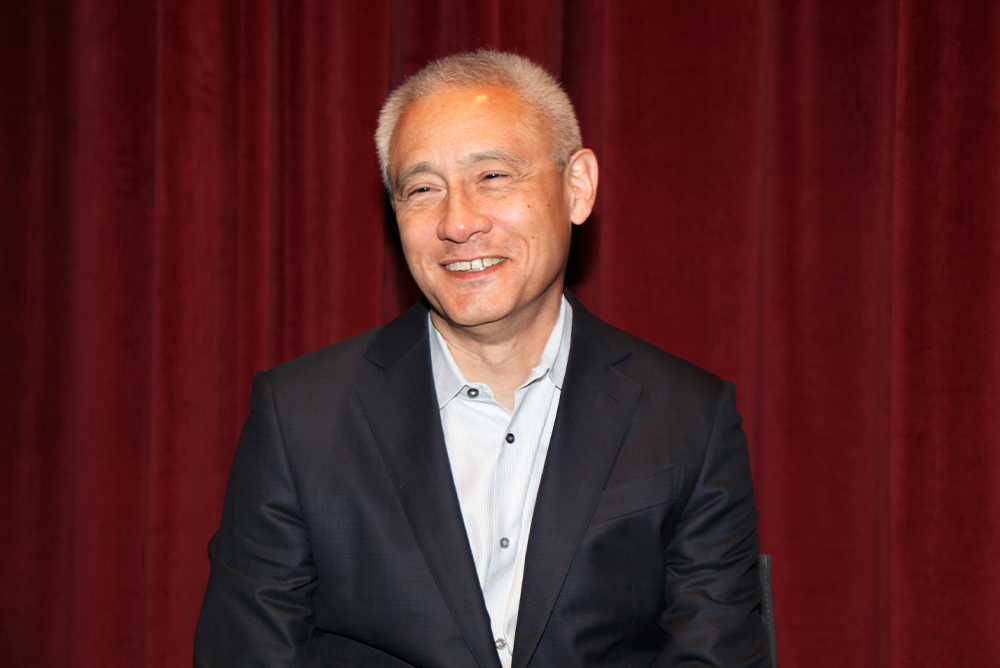
Photo by Aaron Salcido.
John Matsusaka is professor of finance and business economics at the University of Southern California as well as the executive director of the Initiative and Referendum Institute. He is the author of, most recently, Let the People Rule: How Direct Democracy Can Meet the Populist Challenge. Before joining a panel for the Zócalo event “Is This What Direct Democracy Looks Like?”—presented in partnership with the Berggruen Institute, the Public Policy Institute of California, and the Pepperdine School of Public Policy—he sat down in our green room to talk about Los Angeles, the Roman Republic, and the future of democracy in the U.S.
Where can we find you on a typical Sunday?
Hiking in the San Gabriel Mountains, if I’m not working. The trail going up to Echo Mountain or Eaton Canyon are good.
What are you reading right now?
A lot of different things. A history of Europe, from 1814 to 1914; some science fiction, the Iain Banks Culture series; some histories on the Roman Republic, among others.
What surprises you most about the world right now?
Its capacity to surprise. As much as you think you’ve seen stuff, you can almost always count that a year from now what people are talking about will not be what it seemed like they were going to talk about.
How did you get into trouble as a kid?
I didn’t really get into much trouble. I was pretty well-behaved.
Who is your dream dinner guest—dead or alive?
Any host of historical figures would be interesting—to ask them what happened. I’m a huge fan of history, and a lot of history is constructing what happened. The farther back we go, the less we know. I’m reading a lot about Roman democracy at this time, since it was arguably the longest lasting, most successful democracy in human history, and we know hardly anything about it. Would be great to talk to some of their famous politicians or historians and ask them what’s going on.
What’s your favorite place to go in L.A.?
The cool thing about L.A. is that its diverse, so you don’t just have to go to one place. I like the beach, but I like the mountains, but I like the dense urban areas. My favorite is doing something different to what I did last week—really, totally different.
What do you see for the future of democracy in the U.S.?
In the long run I think it’s gonna be good, I think there’s a deep commitment to it and it’ll continue to innovate and change. I think there’s going to be some structural changes in the near term, more than we have had in a while—we’re going to have to make it more democratic. We’re behind the curve in terms of the rest of the world. We used to be the democracy pioneer—everyone would look at us and say here’s how you do it—but nobody looks to us now because our institutions are getting old and will need to be updated for the 21st century.



